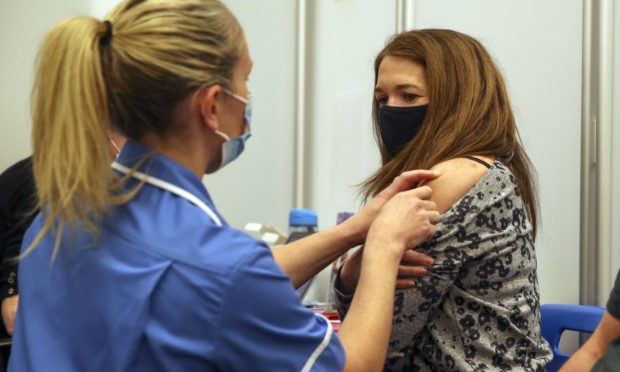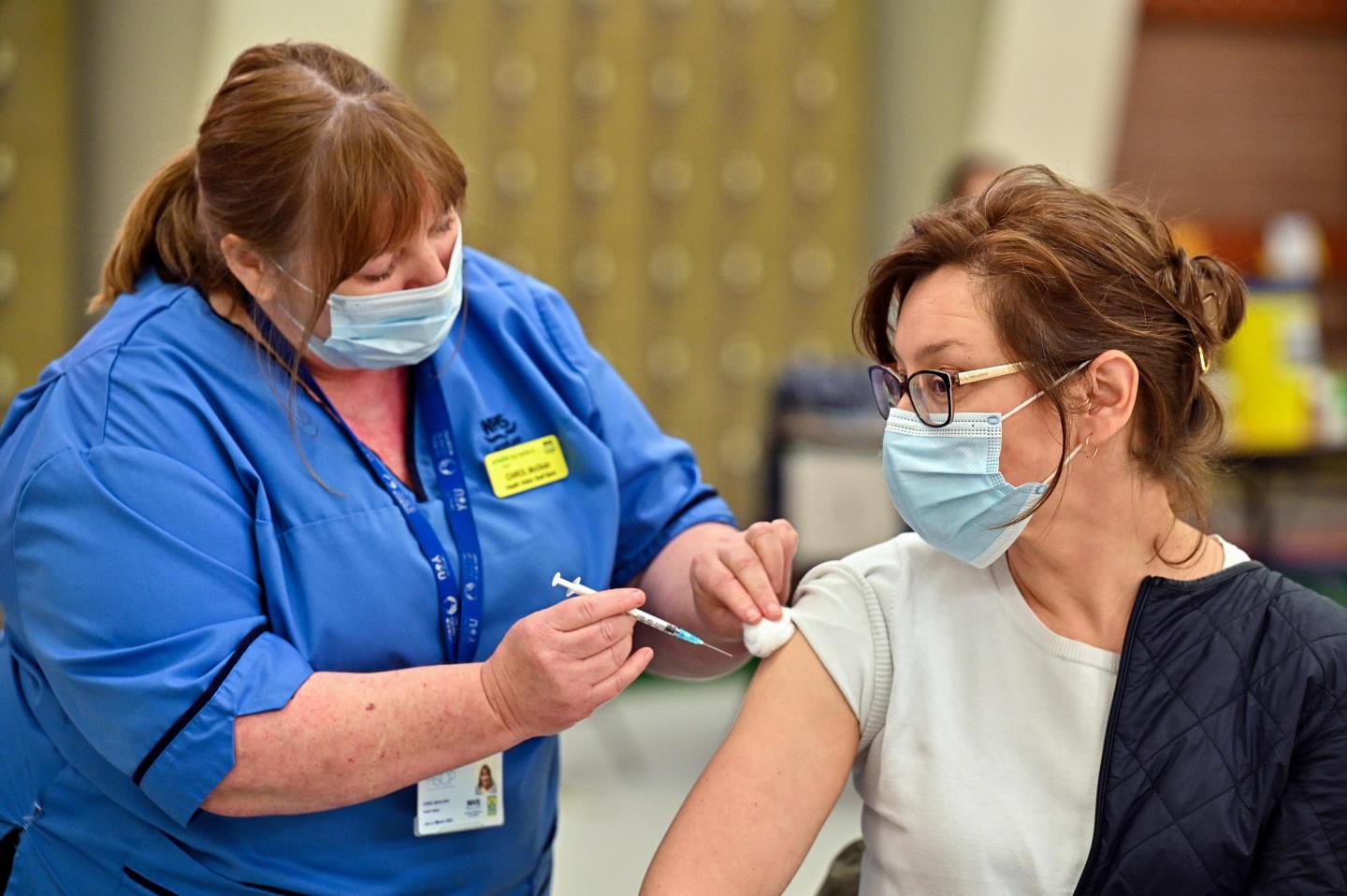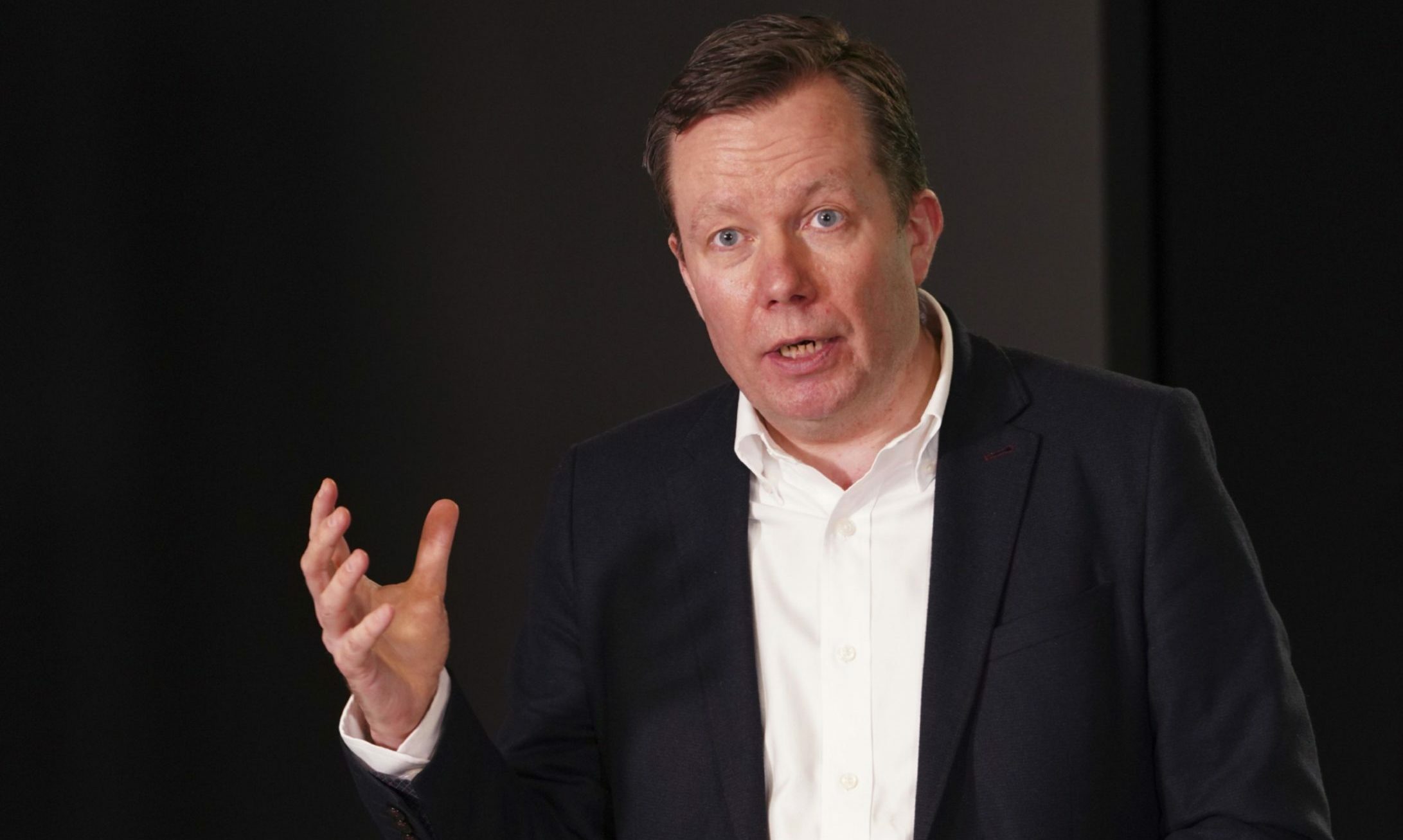Health bosses are in the final stages of planning a Covid vaccination booster programme – but with so many people double-jabbed, why is it needed?
As the vaccines are still new, there is limited data on how long the protection from them will last.
Currently it is too early to be able to accurately model the “timing and magnitude” of potential waves of flu and Covid – particularly with the Delta variant becoming more prevalent.
Early signs from researchers suggest the 2021-22 flu season could be 50% more severe than in previous years.
As a result, the Joint Committee on Vaccination and Immunisation (JCVI) says the booster is “precautionary” to top up people’s immune systems.
They are in the middle of monitoring a raft of data about Covid and the vaccines, but expect to issue official advice in September.
Who will get a booster?
The programme would initially be targeted to immunosuppressed or “extremely vulnerable” adults, care home residents, over-70s and frontline healthcare workers.
A second stage of the roll-out would include over-50s, household contacts of immunosuppressed adults and others at risk of complications from Covid or flu.
As younger age groups have been receiving their first and second doses more recently, it has been determined the need for them to get a Covid booster is lower.
How will the roll-out work?
The details are still being finalised but it is thought the plans could link up with the annual flu jab.
Scotland’s national clinical director Jason Leitch has suggested people could get both jabs on the same day, or very close to one another.
These will likely be at GP clinics and pharmacies, but the use of mass vaccination centres or mobile vans are also being considered.
It is possible the programme could use new vaccines, if they are deemed safe for use and approved in time for the roll-out.
In addition to the AstraZeneca/Oxford University, Pfizer/BioNTech, Moderna and Janssen jabs, the UK government has pre-ordered millions of doses from other manufacturers.
This includes 60 million each of the “protein subunit” Novavax and Sanofi-GSK jabs, and 60 million Valneva vaccines, which contain inactivated Covid virus and are being manufactured in West Lothian.


